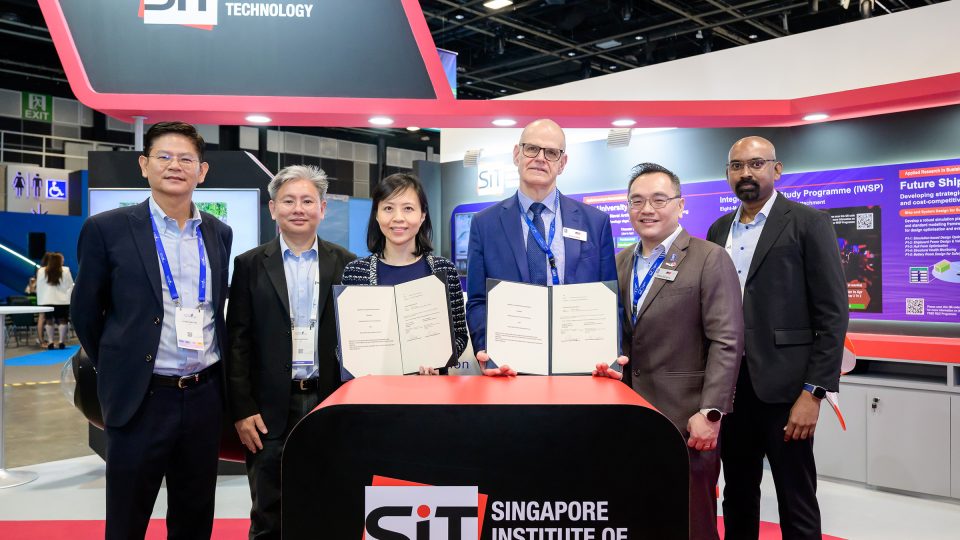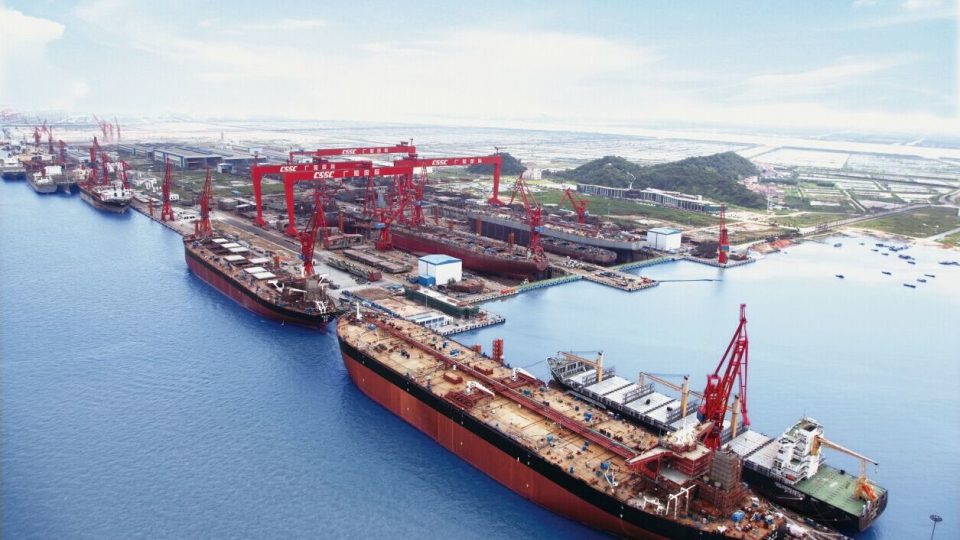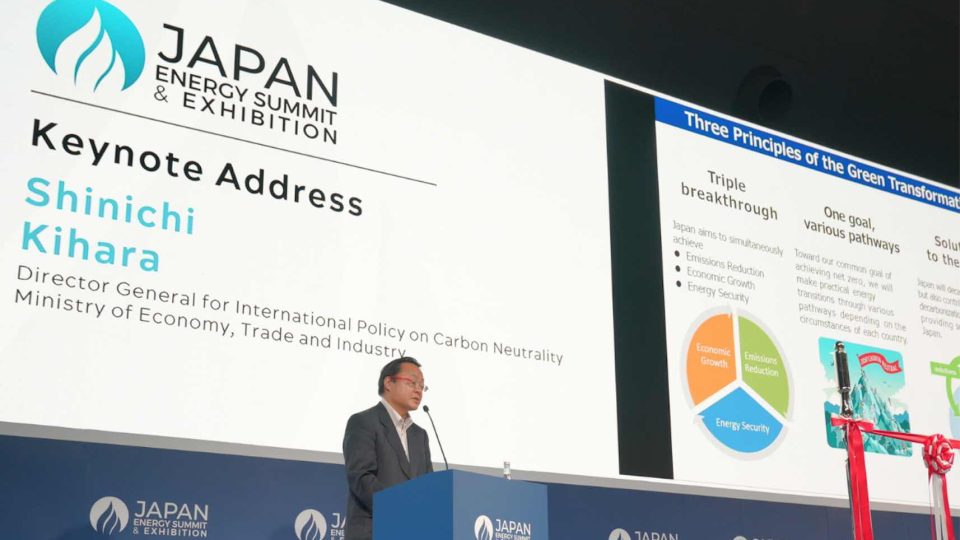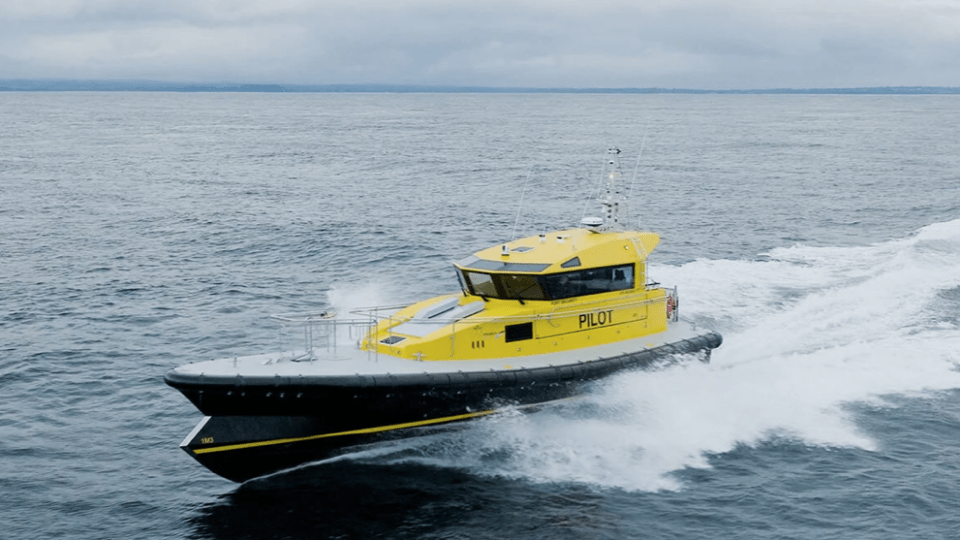MAN ES to deliver dual-fuel ME-GI engines to power Newcastlemax bulkers
MAN ES ME-GI (Gas Injection) engines are addressed to two-stroke propulsion engines aboard – among others – container vessels, bulk carriers, tankers, LNG carriers and car carriers. The ME-GI engine provides ship-owners and operators with an environmentally friendly and high-efficiency solution, without the greenhouse emissions such as methane slip. Five MAN ES ME-GI engines ordered […]
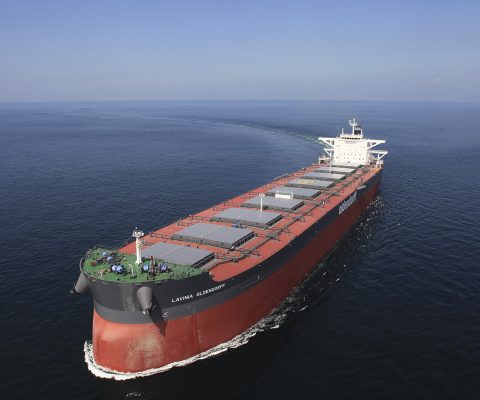
MAN ES ME-GI (Gas Injection) engines are addressed to two-stroke propulsion engines aboard – among others – container vessels, bulk carriers, tankers, LNG carriers and car carriers. The ME-GI engine provides ship-owners and operators with an environmentally friendly and high-efficiency solution, without the greenhouse emissions such as methane slip.
Five MAN ES ME-GI engines ordered
According to the company’s official statement, «MAN Energy Solutions has received an order for five 6G70ME-GI Mk 10.5 dual-fuel engines in connection with the construction of five 210,000-dwt Newcastlemax bulkcarriers for EPS, the Singapore-based shipping company.
EPS has sealed an agreement to charter the five LNG dual-fuel Newcastlemaxes to Australian mining giant, BHP, for a period of five years. The vessels are scheduled for delivery during 2022 and will carry iron ore between Western Australia and China».
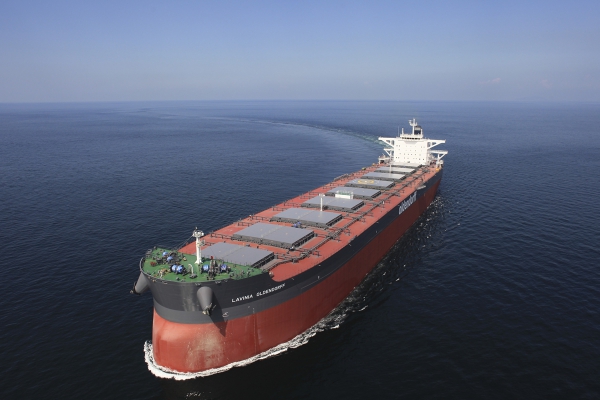
MAN Energy Solutions also stated that its low-speed, dual-fuel references now exceed 333 units, with the ME-GI recording over 1.5 million operating hours on LNG alone.
The official comments from both the parties
«This order is notable in that these Newcastlemax bulkers are the first dual-fuel vessels of their size and show the capability of our engine technology. It also shows that the bulk segment – as well as the tramp trade – is keenly aware of the need to deal with greenhouse gases, and the inherent potential of alternative fuels», said Thomas S. Hansen, Head of Promotion and Customer Support, MAN Energy Solutions.
Cyril Ducau, CEO of EPS, added: «This deal also sends a clear signal to the industry that progressive companies, like BHP, have viable options to lower their carbon footprint today. When these vessels deliver in 2022, they will be the cleanest and the most efficient in the entire dry bulk shipping fleet and will be IMO 2030 compliant eight years ahead of schedule».




